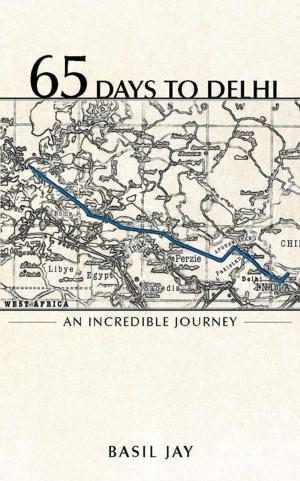| Author: | Tope Fasua | ISBN: | 9781504945950 |
| Publisher: | AuthorHouse UK | Publication: | August 7, 2015 |
| Imprint: | AuthorHouse UK | Language: | English |
| Author: | Tope Fasua |
| ISBN: | 9781504945950 |
| Publisher: | AuthorHouse UK |
| Publication: | August 7, 2015 |
| Imprint: | AuthorHouse UK |
| Language: | English |
The Race for Capital (And Other Out-of-the-Box Economic Arguments) is my third book and an aggregation of some of my most important economic and financial thoughts in recent times, as distilled from my weekly column and elsewhere. The books title derives from the biggest economic argument of the daythe problem of inequalitywhich has finally been noticed by important economists around the world but to which no solution has yet been found. In this book, that argument is further advanced, and an African perspective is added, because whenever important economic arguments such as this goes on, that most vulnerable continent does not feature in the analysis. But the perspective of this book is not all about complaining about the state of Africa and its position development-wise but also on solutions. Some germane solutions are hereby offered for African economies especially, but these are also for every other economy around the world that seeks to reposition its people and make a dent in the hard-to-solve quagmires facing the world today. There are no simple solutions, apparently.
The Race for Capital (And Other Out-of-the-Box Economic Arguments) is my third book and an aggregation of some of my most important economic and financial thoughts in recent times, as distilled from my weekly column and elsewhere. The books title derives from the biggest economic argument of the daythe problem of inequalitywhich has finally been noticed by important economists around the world but to which no solution has yet been found. In this book, that argument is further advanced, and an African perspective is added, because whenever important economic arguments such as this goes on, that most vulnerable continent does not feature in the analysis. But the perspective of this book is not all about complaining about the state of Africa and its position development-wise but also on solutions. Some germane solutions are hereby offered for African economies especially, but these are also for every other economy around the world that seeks to reposition its people and make a dent in the hard-to-solve quagmires facing the world today. There are no simple solutions, apparently.















